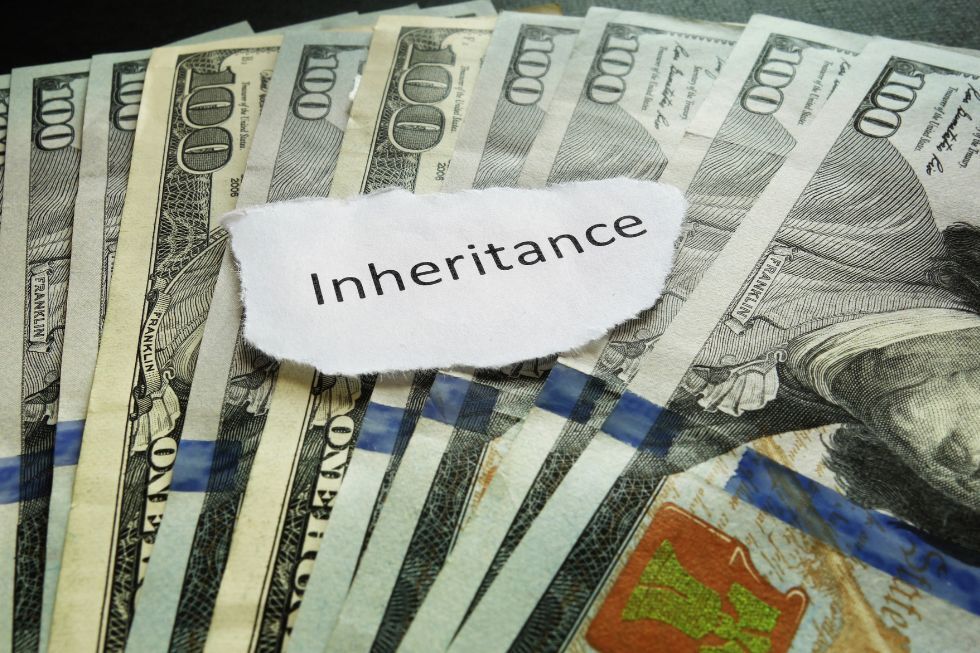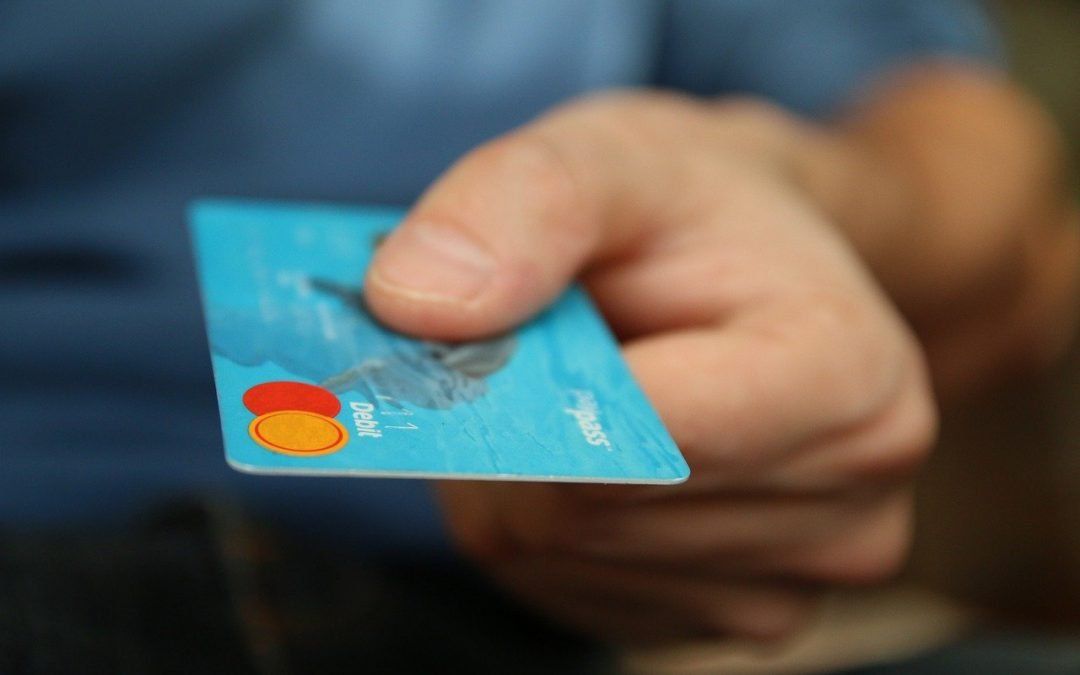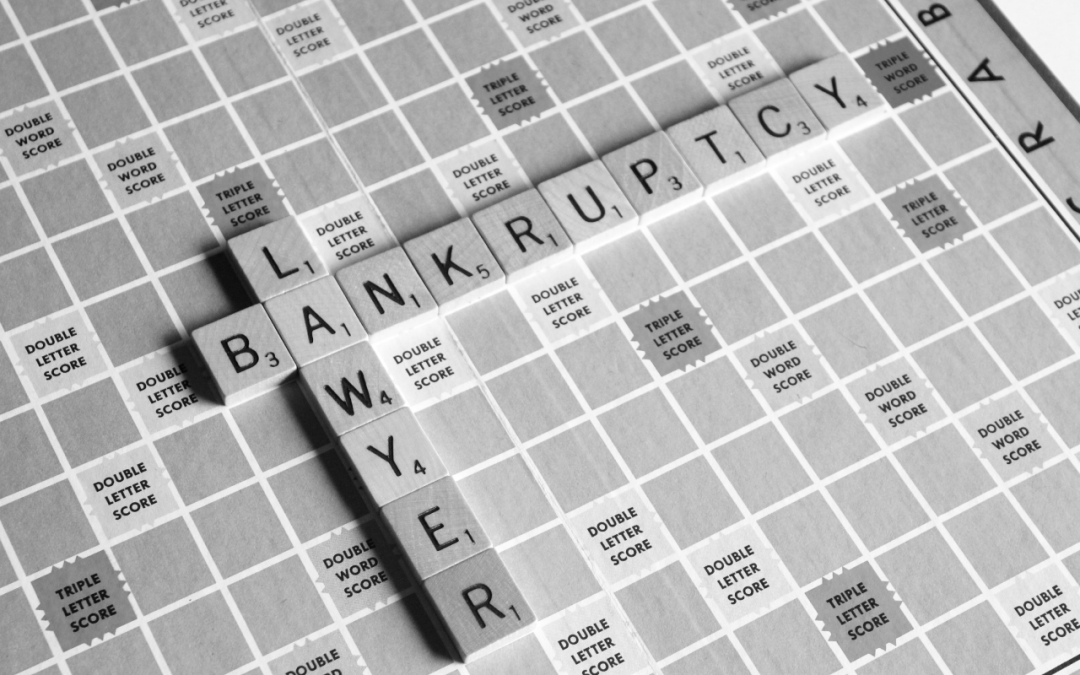Why Social Media Can Cause Problems for Bankruptcy Petitioners

Over the past decade, social media has become intertwined with many aspects of our lives. Although social media began in a simpler and arguably more private format, the myriad social media services currently available create numerous opportunities to share information publicly.
While some people are more likely to share personal information on social media than others, it’s important for anyone involved in a bankruptcy proceeding to remain mindful of what they say and show to the world. Social media can be used against you in your bankruptcy case.
Will My Social Media Account Be Monitored When I File for Bankruptcy?
A bankruptcy proceeding in South Dakota officially begins when you file in South Dakota federal court. After you file, the court begins an analysis of your income, expenses, debts and assets to determine how best to remedy your financial challenges.
You are also assigned a bankruptcy trustee, who will guide and analyze your bankruptcy case to assure the best result for the other parties in interest. The bankruptcy trustee is there to search for assets to distribute amongst your creditors. The trustee will not take kindly to any inconsistencies between what you say and what they see from other evidence – including social media.
The trustee may search for inaccuracies in your filing. It is more likely that one of your creditors will search for them in an effort to secure everything they are owed. If they find anything that indicates you’re perpetuating fraud in your case, they will certainly alert the trustee.
What Types of Social Media Content Could Pose a Problem?
When you file for bankruptcy, you are essentially telling the court and your creditors that you do not have the money you need to pay your debts. This is a representation which is assumed to be truthful – at first. But because perfect honesty is not a feature of the human condition, the bankruptcy trustee or a creditor may perform some investigations.
They will most likely use the simplest methods at their disposal – Googling your name, and searching for your accounts on social media sites like Instagram, Facebook, LinkedIn and YouTube. If they happen to see you on vacation or talking about your new car, clothes, or any other luxury, they’ll take this to mean you may not be telling the truth about your financial situation.
You may also encounter an issue if you claim to the bankruptcy court that you are not working or only make a certain amount of money. If you happen to post or share something which indicates you are working off-the-books, the trustee can take that information and consider it in your proceeding – and they will probably not be happy about it. Similarly, if you post and sell something on Facebook Marketplace or a similar exchange, and then fail to disclose the sale in your bankruptcy paperwork, that too can become an issue.
How to Avoid Problems from Your Social Media During Bankruptcy
As a rule, when going through a bankruptcy proceeding, you should avoid publicizing personal information. Personal information includes your whereabouts or housing situation, employment or lack thereof, and purchases you’ve made or gifts you’ve received. The less information you make public, the less chance you have of creating incongruency between your social media and your bankruptcy filing. You should always avoid making public statements or comments about the proceeding.
While this article is intended to simplify common questions about the bankruptcy process and social media usage, bankruptcy has
serious legal and financial consequences. There is no substitute for a conversation with an expert. Please
contact us today at Thomas A. Blake Law Office to learn more and let us understand your specific circumstances. We can help you navigate the bankruptcy process and all it entails.












